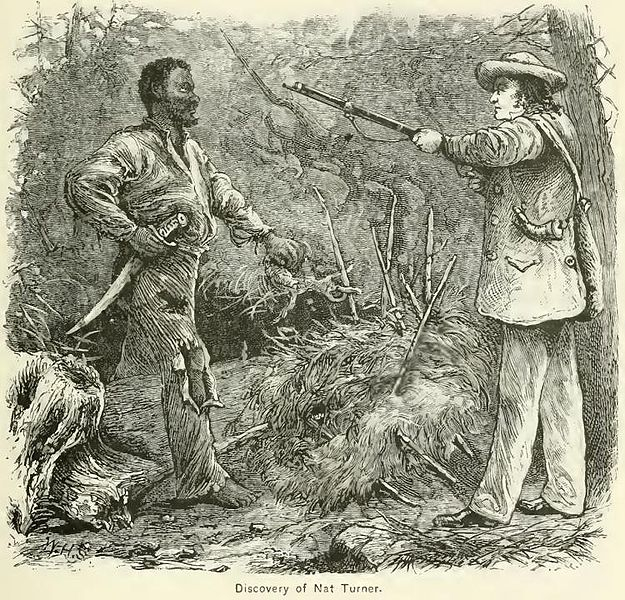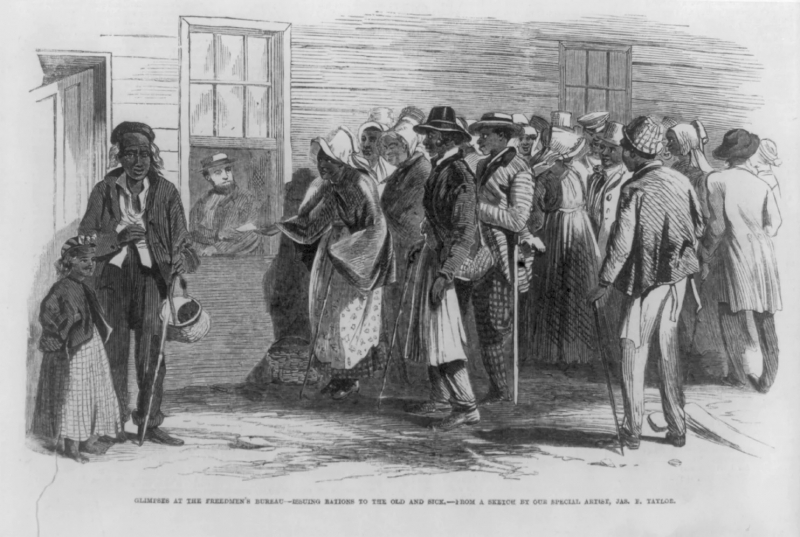Freedom after Juneteenth created other problems for Balck people.

Despite the announcement, not all enslaved people were freed instantly. Texas is a large state, and General Granger's order (and the troops needed to enforce it) was slow to spread. In July 1867, there were two separate reports of enslaved people being freed, and one report of a Texas horse thief named Alex Simpson, whose enslaved people were only freed after his hanging in 1868. After being free, many people chose to leave their former owners to find their lost family members and start their new life across the state. However, what comes after Juneteenth is another problem that freed black people had to face brutally.
Despite the announcement, Texas enslavers weren't too eager to part with what they felt was their property. And many slave owners at the time felt as if black people who have been working for them were their property, and would not let them go either. When freed people tried to leave, many of them were beaten, lynched, or murdered. Many owners even got on their horses, and formed a group of people to go around their land and look for the black people who they thought of as escapers. "They would catch [freed slaves] swimming across [the] Sabine River and shoot them," a former enslaved person named Susan Merritt recalled. Even those who have successfully escaped, found uncountable troubles when they tried to start a new life as a free man.













